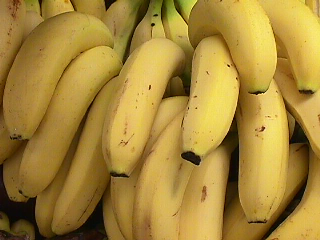Am I not allowed to do what I choose with what belongs to me? Or are you envious because I am generous?
–Matthew 20:15
The texts for this coming Sunday provide substantial food for thought about what constitutes equality. In fact, a lot of assumptions about fairness are soundly challenged–from Jonah, who ends up pouting and resentful over the whopping success of Ninevah’s repentance, to the laborers who grumble about the master’s compensation strategy in Jesus’ parable of the householder.
Funny, isn’t it, how human nature doesn’t change very much across the centuries? Arguments about what constitutes “fairness” and “justice” still abound in our culture. Everyone wants to sound good and say the right things, but when it comes down to enacting change and paying for that change, well, the same old tune sings flat. Yes, dear friends, “fairness” and “justice” carry a high price tag.
Since January, I’ve been on a mission to live more simply and be a better steward of God’s gracious gifts. My strategy has been twofold: cut personal consumption by not purchasing anything new (aside from certain personal care needs, food, and relevant vocationally-related items) and reduce my personal belongings by 50 percent. So far the experiment is going well, and I’m learning a whole lot about myself and our culture. The not buying new part has been surprisingly simple, but then I’ve never gotten a lot of kicks from shopping. It was even easy to reduce my wardrobe by more than 50 percent and my books by about 35 percent
What hasn’t gone so well is my garden (it’s pretty pitiful) and my attempt to reduce my miles driven. However, my biggest challenge by far is examining decisions through a stewardship lens. For example, should I buy bananas knowing how much energy it takes to get them all the way to North Dakota? Should I buy them because I can afford them and they’re good for me? What do I know about the conditions for the workers who harvest the fruit and the policies of the company who markets them? How do I weigh what’s fair and just–not just for me but for all parties involved? Should I even waste this much time and energy on such a “small” decision concerning $1.50 worth of groceries? Suddenly what should be a simple, no-brainer purchase becomes laden with layers of meaning and shades of gray.
Ah, yes! Now here’s a hard lesson: living simply is not equal to simply living! I’m finding that a lifestyle of careful stewardship is a much more complex and perplexing proposition than the standard consumer culture opt-in.
Will I be tempted to be like Jonah and go sit under my withered tomato plant and grumble because my friend who began this quest with me in January decided it was for the birds? Am I to be like one of the laborers who receives the master’s share of grace and then grumbles because that same share of grace is meted out to someone I “judge” as less deserving because of his gargantuan carbon footprint? Is my motivation to live simply a grateful response to God’s grace and love of neighbor, or does it have a little too much to do with meeting a challenge and proving something?
The answer is “yes.” In this not so simple process of living simply and trying to be a good steward, I will fall short of the mark, my intentions won’t always be pure, and I might even turn green with envy on occasion. But thanks be to God, whose generous grace washes away my sins and gives me new life each day, marked with the cross of Christ forever!
Copyright (c) 2008, The Rev. Sharron Lucas, all rights reserved. Used by permission.




Leave a Reply